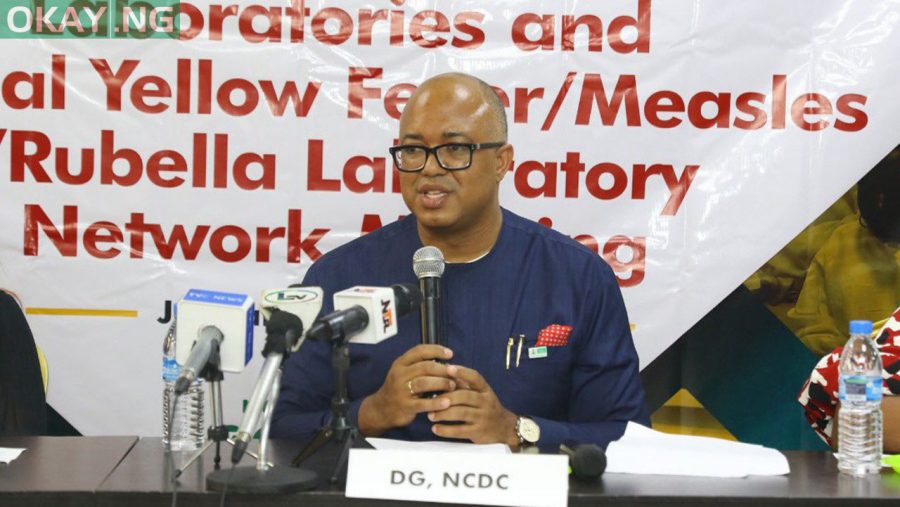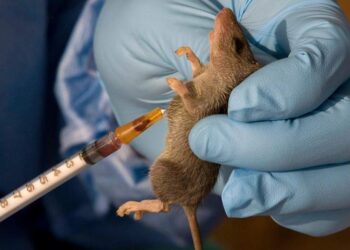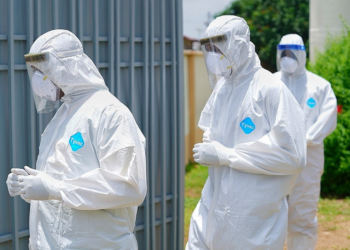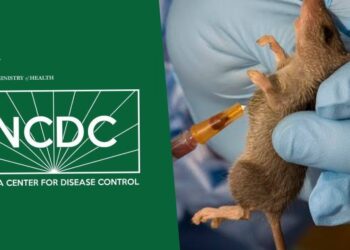The Federal Government has alerted Nigerians that hospitals across the country are running out of facilities to handle more serious cases of coronavirus infections as the virus is spreading fast with mild symptoms in some victims and severe illnesses and death in others.
This disclosure was made by the Director-General, Nigeria Centre for Disease Control (NCDC), Dr Chikwe Ihekweazu, at the joint national briefing of the Presidential Task Force (PTF) on Covid-19, on Monday, January 11, 2021.
He said that the country has recorded a spike in the number of new Covid-19 cases and no state has been spared of the coronavirus disease.
What the NCDC Director-General is saying
Ihekweazu in his statement said,
- “Our data suggest that we were right in saying that there is COVID circulating in every state of Nigeria and we all have to continue the hard work we have been doing. We are reaching a critical level where our hospital capacity will no longer be able to cope with more serious Covid-19 cases. Health workers will be forced to make tough decisions.
- “We need to protect our more vulnerable citizens, while we all have to take responsibility because this has gone beyond the NCDC, PTF or government, as all hands must be on deck.
- “By organising large gatherings indoors, you are not only putting yourself and guests at risk but also the staff who have limited choice but to serve. By going to clubs, you are putting your parents at risk.”
The NCDC boss also said that many victims have continued to experience fatigue and other symptoms even after recovery.
What you should know
- With the current outbreak of a second wave of the coronavirus disease, Nigeria has reported over 100,000 confirmed Covid-19 cases with over 1,300 casualties across the country. This has led to renewed strict enforcement of health measures and Covid-19 protocols by authorities in the country.
- The government is even reported to be considering imposing another lockdown as part of the measure to curtail the spread of the virus especially with the new strain of the disease which is reported to spread faster.




















